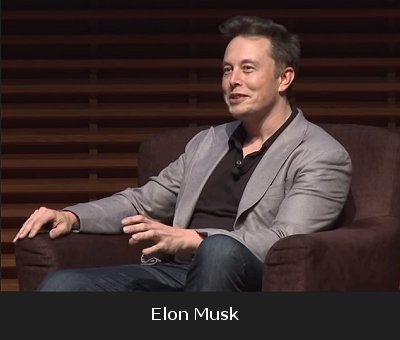
WHY GOD DOESN’T LOOK LIKE ELON MUSK – OR ADAM SMALLBONE
Researchers at the University of North Carolina recently asked the question: what does God look like? Their Psychology and Neuroscience Department, using varying face pairs, asked a sample of over 500 US Christians how they imagined God’s face.
The resulting composite ‘face of God’ has been published and the media was quick to seize on its similarity to tech entrepreneur Elon Musk. They have a point, though my first instinct was its likeness to the Reverend Adam Smallbone, the hapless east London vicar in the BBC TV comedy series Rev, played by Tom Hollander. So, maybe Fr. Adam was more influential in ministry than he realised.
Researchers found that many Christians saw God as younger, more feminine and less white than the traditions we have inherited. The findings showed that people’s perceptions of God depended partly on their political leanings. Neuroscience News reports:
Liberals tended to see God as more feminine, younger and more loving that conservatives. Conservatives also saw God as more Caucasian and more powerful than liberals.
The article continues:
Past research shows that conservatives are more motivated than liberals to live in a well-ordered society, one that would be best regulated by a powerful God. On the other hand, liberals are more motivated to live in a tolerant society, which would be better regulated by a loving God.
There were also demographic indicators. The respondents’ ethnicity had a subtle hand in the images chosen; younger people believed in a younger looking God and people who identified as being physically attractive also believed in a better-looking God.
The criticism, long made, that people look down the well of history to find God, only to see their own reflection staring back at them, seems to be supported by this evidence – proof that after God made us in his image, we returned the favour.
Allowing for Scripture’s description of God as spirit, and that only Moses has looked on the face of God, an experience that transformed his own visage, these findings are a timely reminder, in a polarised era, that we should exercise caution, self-awareness and humility in describing God.
Our anchors are Scripture, the person of Jesus, who is the perfect image of God, the Holy Spirit, who enlightens us, and the Church with its teaching, tradition and doctrine. But this is heavily overlaid by many cultural presuppositions in each era. Every generation tends to think it is smarter and wiser than the last; each person tends to think that other people think similarly to them, even though there is palpable evidence they usually don’t. These tendencies easily conflate in our image of God and are the sugary confection heaped on a delicately flavoured savoury meal.
In a way, it is good that people imagine God as someone like them, for the Logos appeared for the whole world and it is important people have an intimate bond based on his love for who they are; the identity they hold. But we must leave room for the perceptions of others too, as we seek to interpret God’s revelation in Christ.
In Romans 11, Paul speaks of the depths of God and ‘how unsearchable are his judgments and how inscrutable his ways’. We understand enough about God to find his salvation in Christ and to know how to live for him in this world, but there is so much more to God than our finite minds could ever comprehend (what Donald Rumsfeld would probably call God’s unknown unknowns) – and we need real humility around this, when we think about him. In the following versus of chapter 12, Paul says, nevertheless, that God’s will can be known by those who offer their lives as ‘living sacrifices’.
God, uncomfortably for all of us, is a bleeding, crucified first century Palestinian Jew. If we want to know what God looks like right now, we find it in the painful self-sacrifices people make for the well-being of others. It doesn’t have a face – it has thousands upon thousands of them.
POPULAR ARTICLES

Obama's Covert Wars
The use of drones is going to change warfare out of all recognition in the next decades.

Through A Glass Starkly
Images of traumatic incidents caught on mobile phone can be put to remarkable effect.

What Are British Values?
Is there a British identity and if so, what has shaped the values and institutions that form it?


